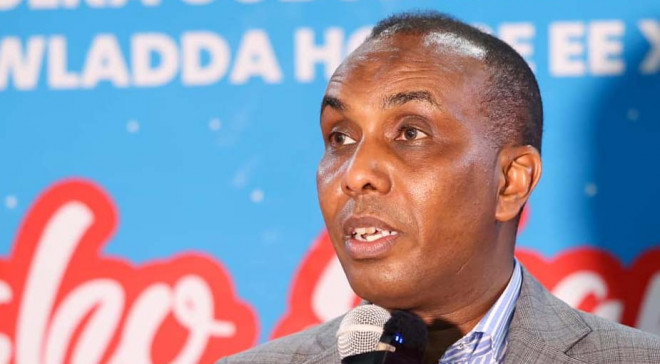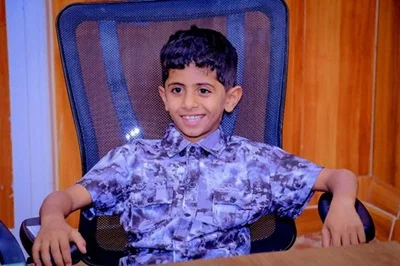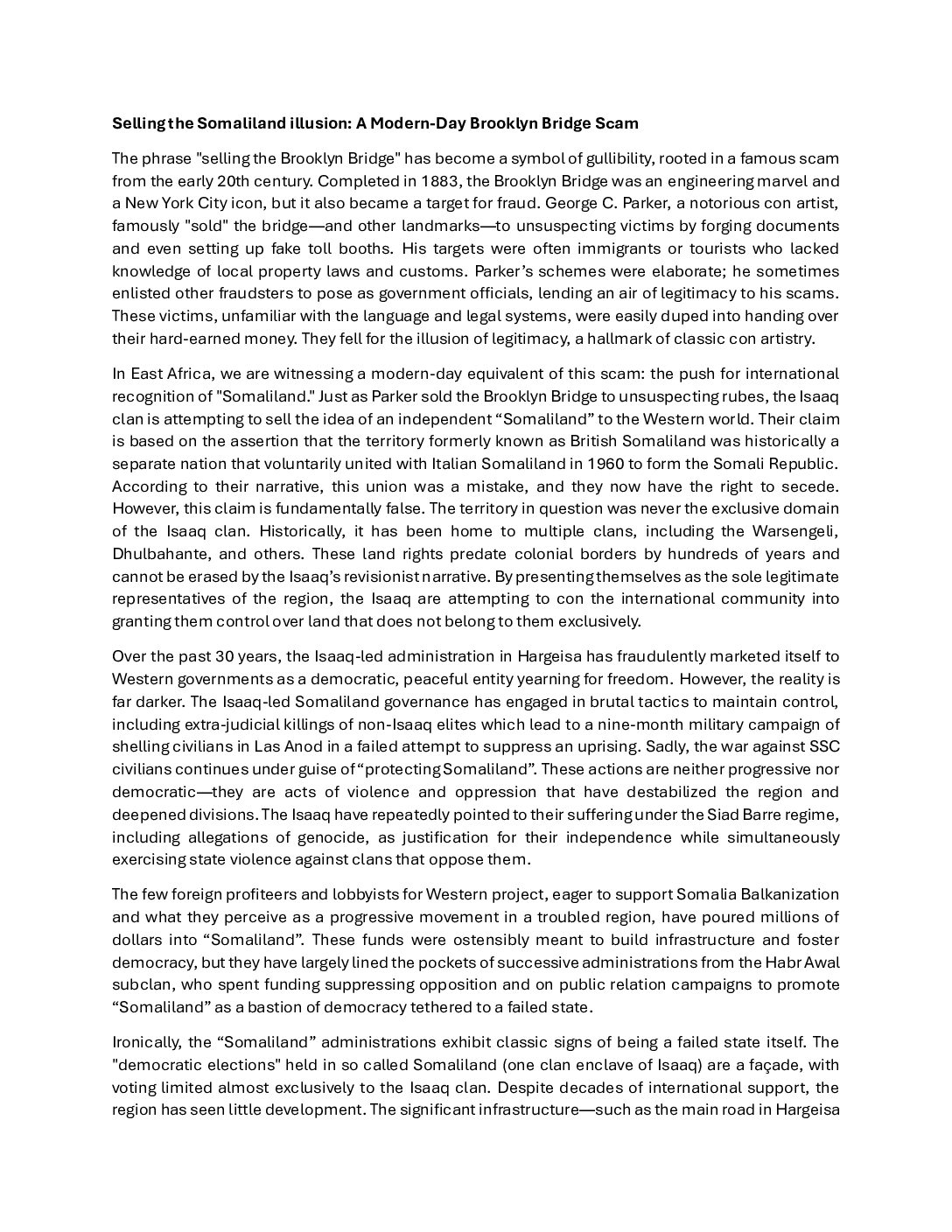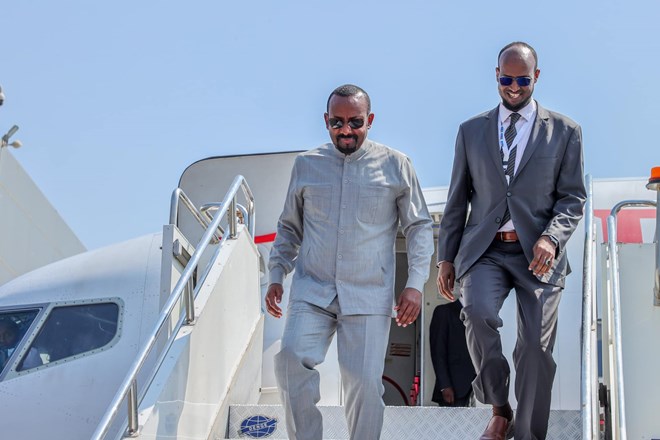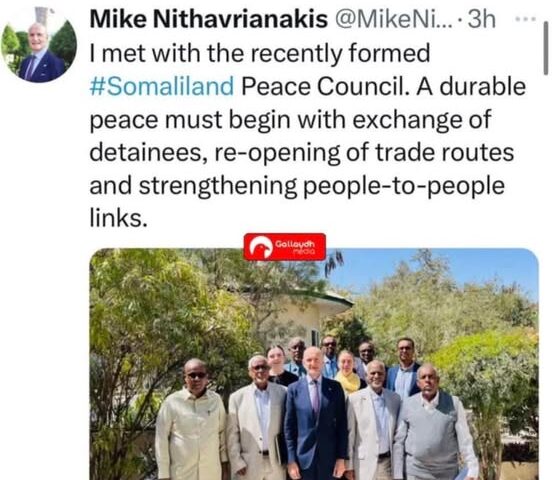Washington— As rising tensions between Somalia and Ethiopia over a maritime accord Ethiopia signed with Somaliland have alarmed international stakeholders, deliberations in Washington and New York during a pivotal week for Somalia’s security strategy have highlighted the pressing necessity for readiness regarding the forthcoming African Union Support Mission in Somalia (AUSSOM).
Somalia is poised to establish the structure of the next AUSSOM after the existing AU mission is concluded.
Hussein Moalim, Somalia’s national security advisor, affirmed Somalia’s steadfast stance about the involvement of Ethiopian soldiers in the new mission.
Moalim said Thursday in an interview with VOA Somali that Somalia will not recognize Ethiopian soldiers as part of the new mission until Ethiopia retracts the unlawful memorandum of understanding signed with Somaliland earlier this year.
The contentious memorandum of understanding, or MoU, has heightened tensions between the two adjacent states, providing Ethiopia with access to a 20-kilometer (12.4-mile) segment of the Red Sea coastline in exchange for possible acknowledgment of Somaliland’s sovereignty.
Somalia views the MoU, signed in January, as a violation of its sovereignty and territorial integrity, leading to a diplomatic rift that has included the expulsion of the Ethiopian ambassador from Mogadishu and threats to remove thousands of Ethiopian troops stationed in parts of the south and central regions of the country.
Despite two rounds of mediated discussions by Turkey producing no outcomes, Somalia’s State Minister of Foreign Affairs, Ali Omar Balcad, asserts that productive conversation depends on resolving matters related to Somalia’s sovereignty violations and rebuilding confidence.
“First, we need to solve the issue of our sovereignty infringement, and second, we need to restore trust and diplomatic relations between us, and then there comes the negotiation on the Ethiopian desire to access our sea and ports,” said Balcad in an interview with VOA Somali.
The United Nations advocates for a diplomatic settlement.
The United Nations Security Council convened in New York on Thursday to discuss the security situation in Somalia, emphasizing the need to finish preparations for the new African Union stability operation.
During the meeting, concerns were voiced over growing tensions between Somalia and Ethiopia, with James Swan, acting special representative of the secretary-general, encouraging both states to seek a diplomatic solution within the framework of international law.
Ambassador Robert Wood, the U.S. alternate representative for special political affairs, shared similar concerns, noting the damaging effect of escalating tensions on regional security.
“Colleagues, we are deeply concerned about rising tension between Ethiopia and Somalia and the negative impact it is having on shared security interests,” Wood said.
In meetings conducted in Washington this week, Somali authorities, together with representatives from the U.S., Qatar, Turkey, the United Arab Emirates, and the UK, underscored the necessity of completing financial options for the new peacekeeping force.
Somalia’s Moalim underlined the commitment of international partners to help Somalia’s security, stability, and sovereignty.
“The partners reaffirmed their unwavering support for the federal government of Somalia in its efforts to attain stability and security across the nation,” he added.
Ethopia dismisses Somalia’s accusations.
Briefing the U.N. Security Council, Somali Foreign Minister Ahmed Moalim Fiqi accused Ethiopia of using the battle against terrorism as a pretext for territorial expansion.
“Let me be clear. The idea that Ethiopia is in Somalia to combat terrorism is a cover for annexation,” Fiqi stated, adding that Somalia has intercepted three illicit weaponry shipments from Ethiopia in the previous three months, stoking local disputes and bolstering extremist organizations.
“We call these actions clear violations of Somalia’s sovereignty,” he added.
Ethiopia has been consistently refuting Somalia’s claims against Ethiopia, including its objective behind the MoU signed with Somaliland.
During last month’s meeting of the U.N. General Assembly, Ethiopian Foreign Minister Taye Atske-Selassie maintained his country had nothing to do with Somalia’s charges.
“Ethiopia’s memorandum of understanding with Somaliland is based on existing political dispensation in Somalia,” he stated.
“Our goal is to promote shared progress and prosperity in the region.” Similar agreements have been signed by other governments, and there is no justification for the government of Somalia to stir animosity that manifestly attempts to mask internal political issues,” he continued. “I therefore reject the unfounded allegations leveled against my country.”

